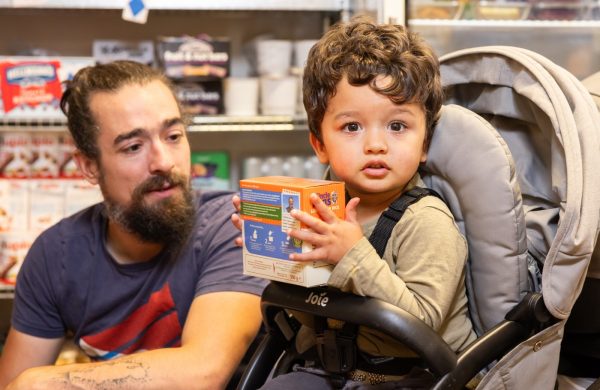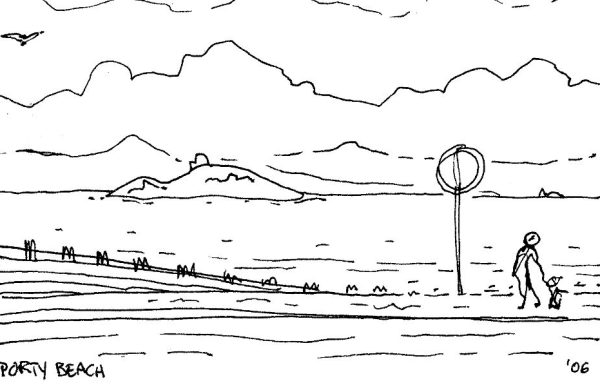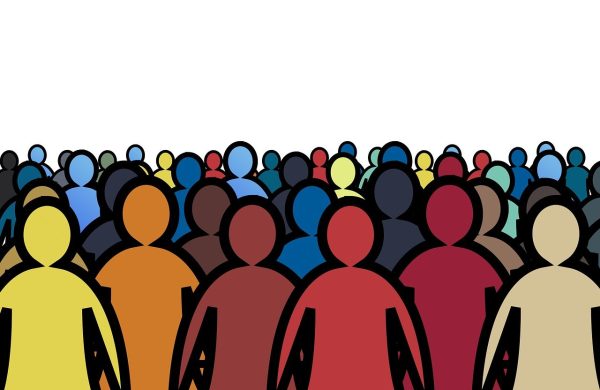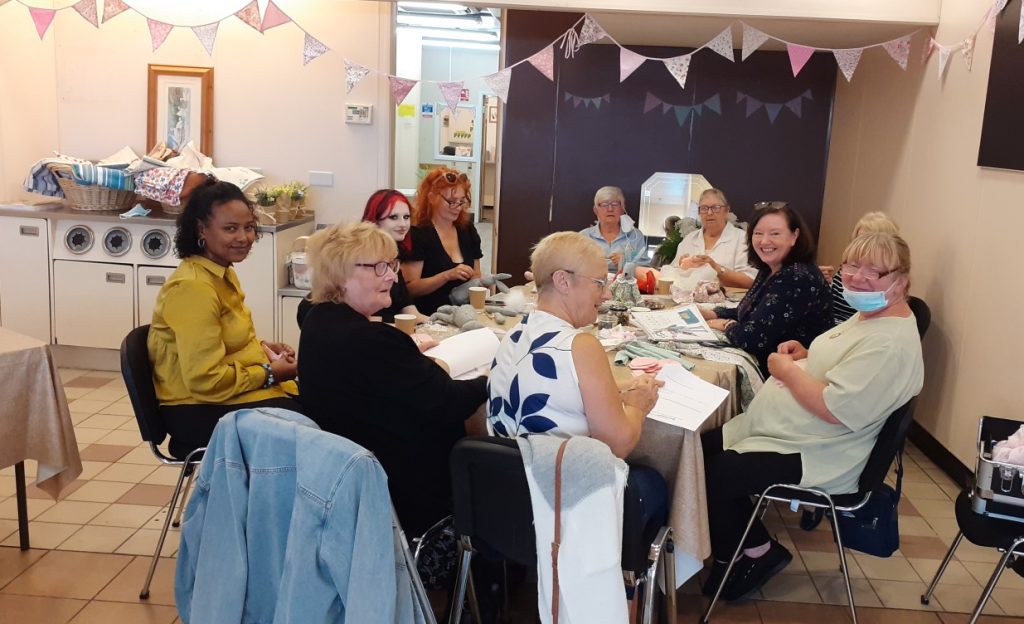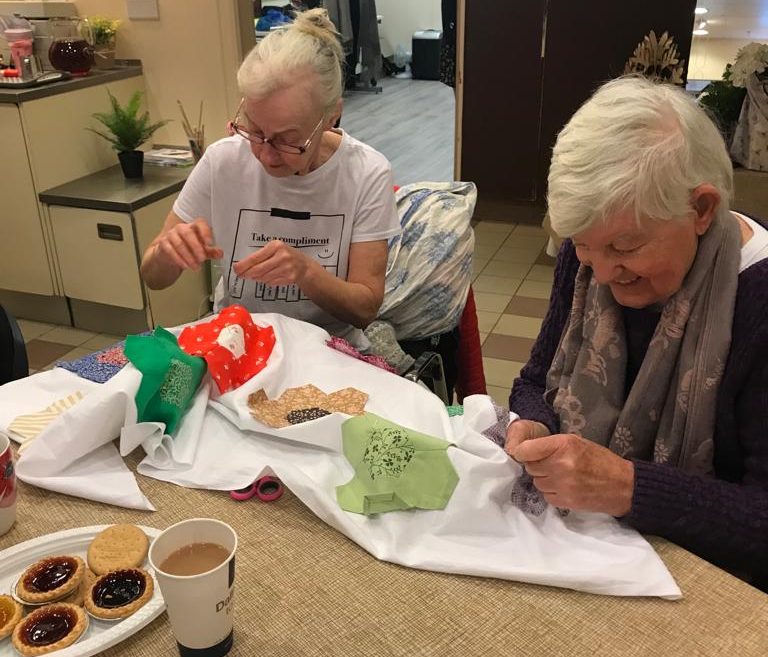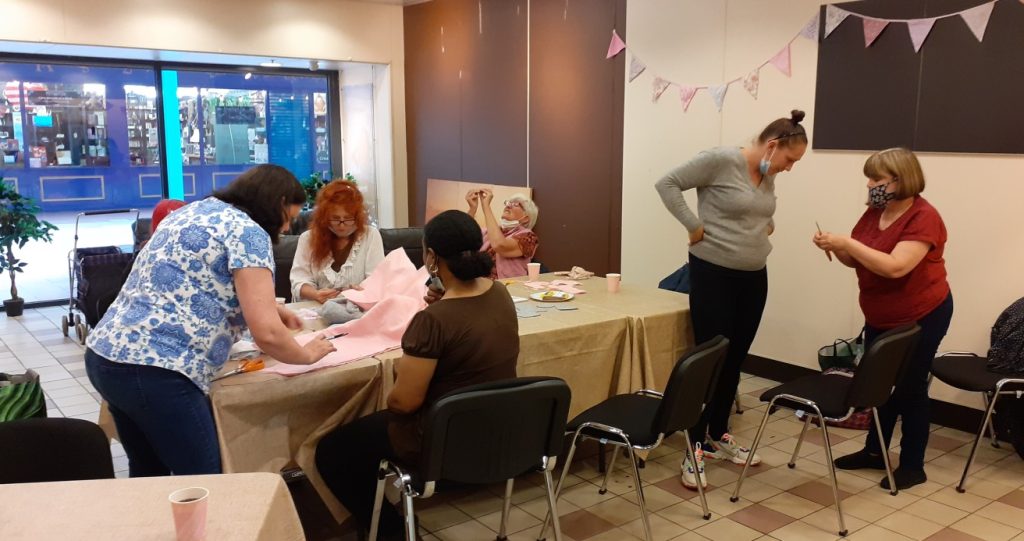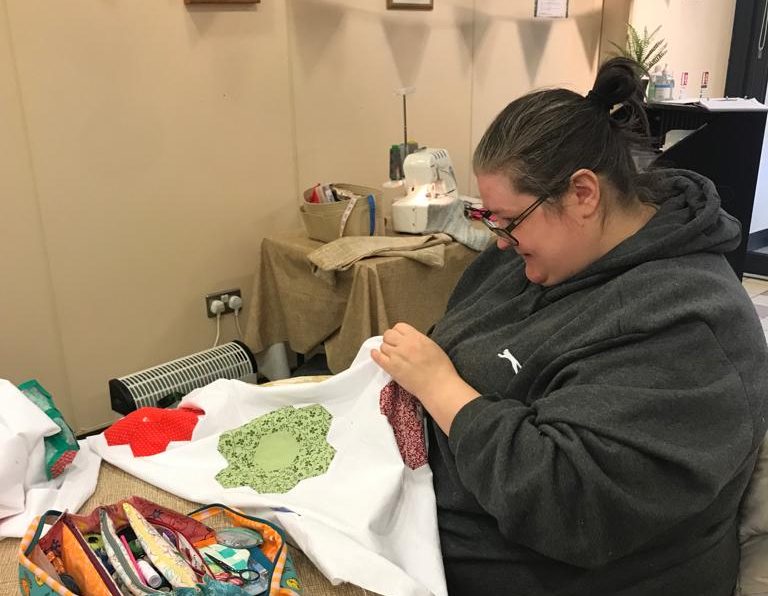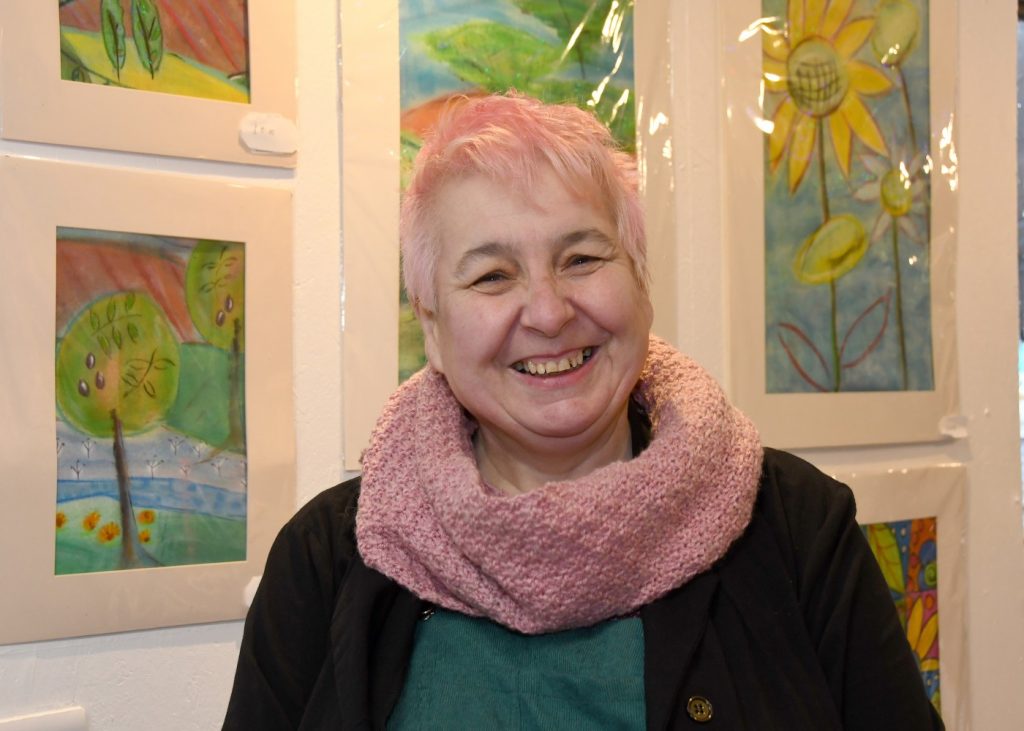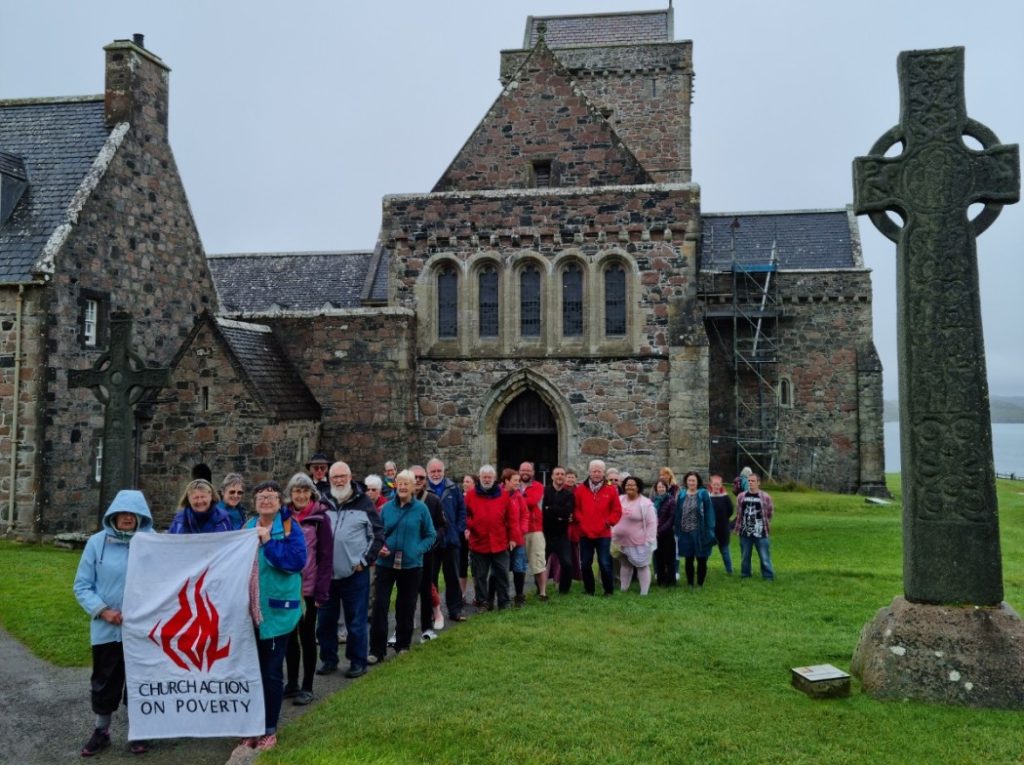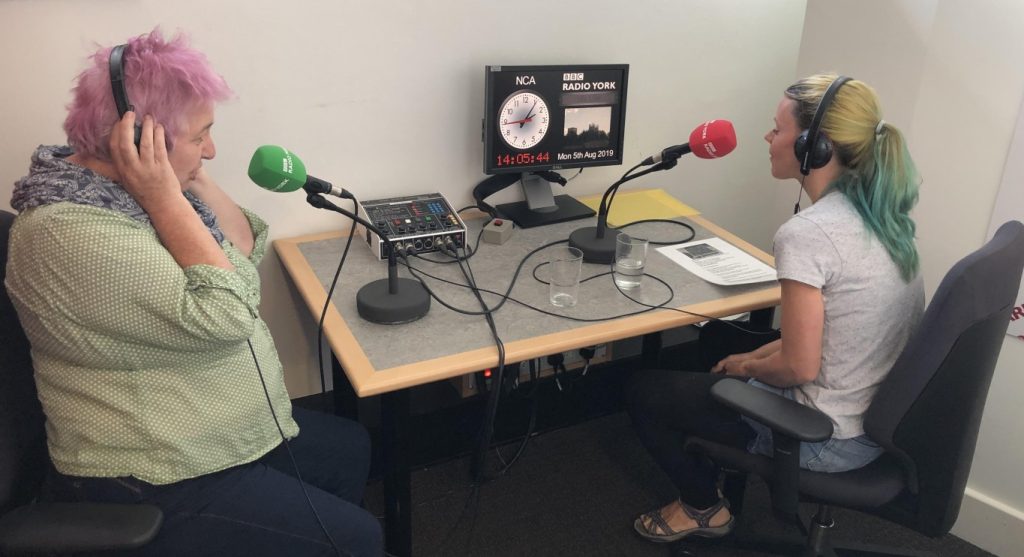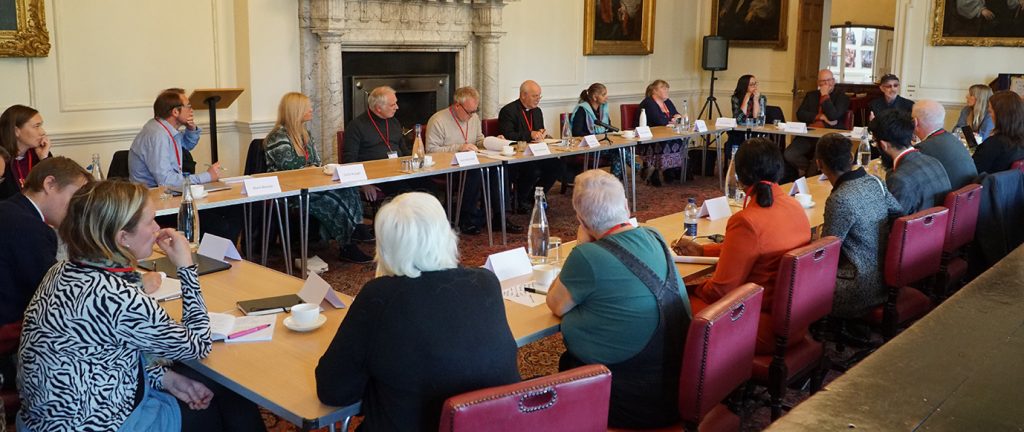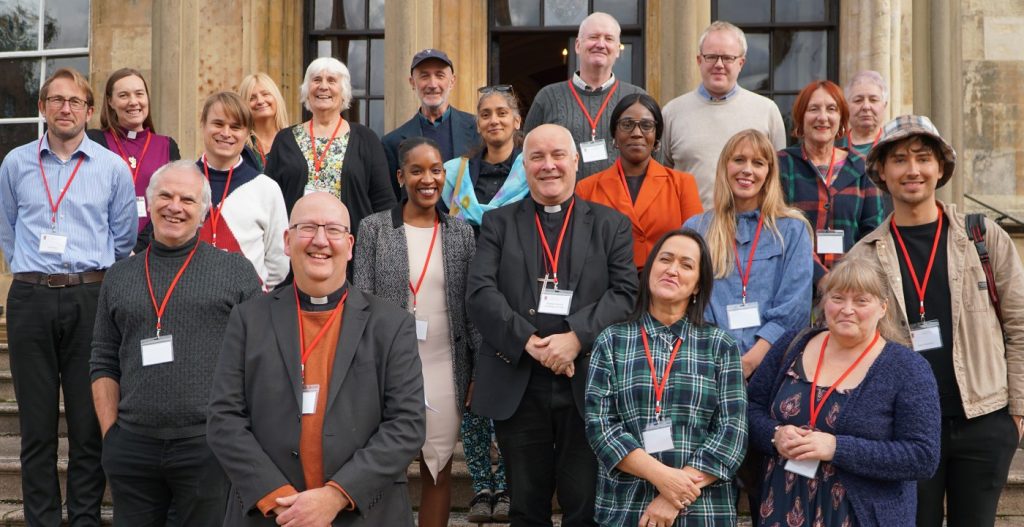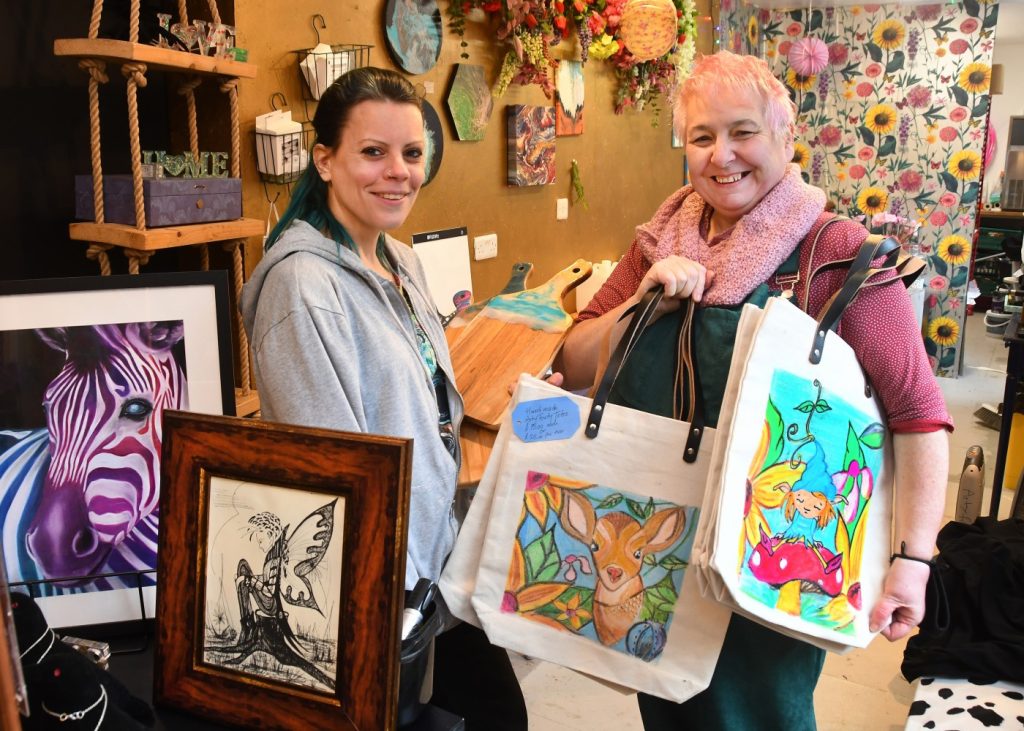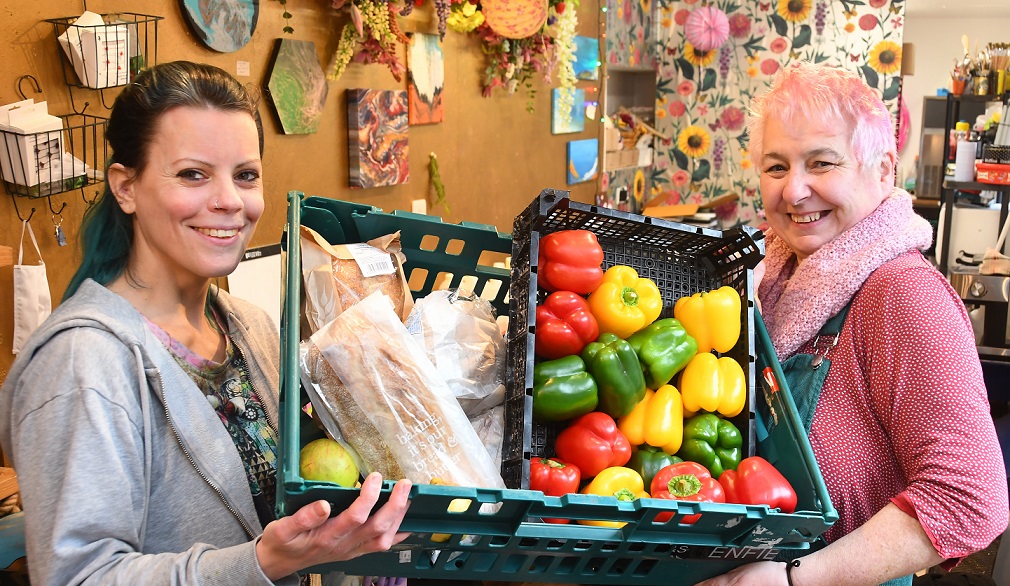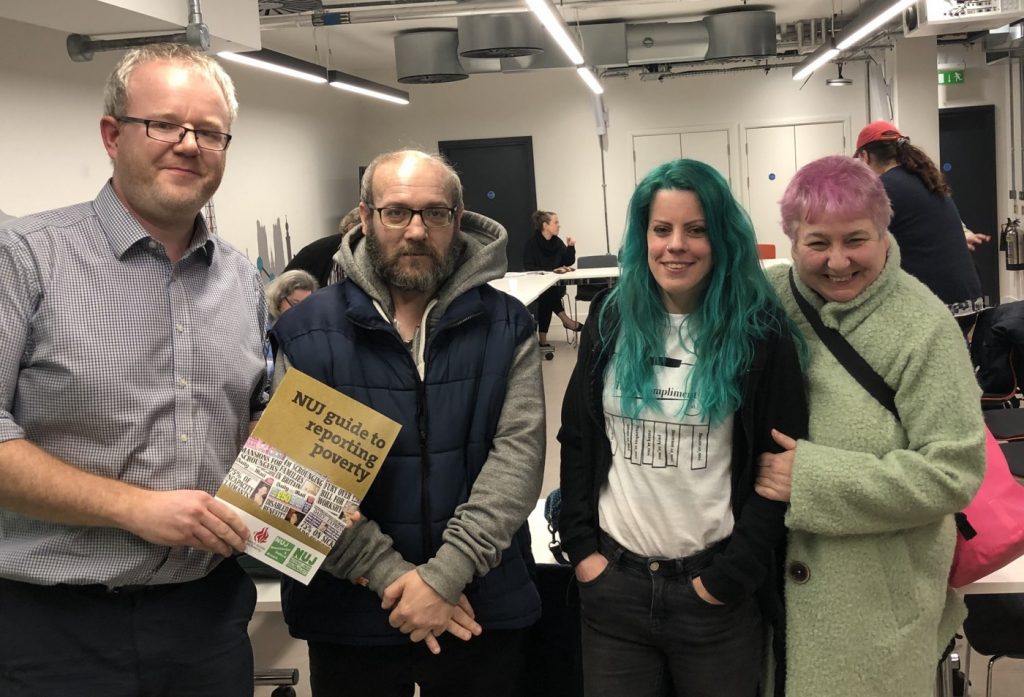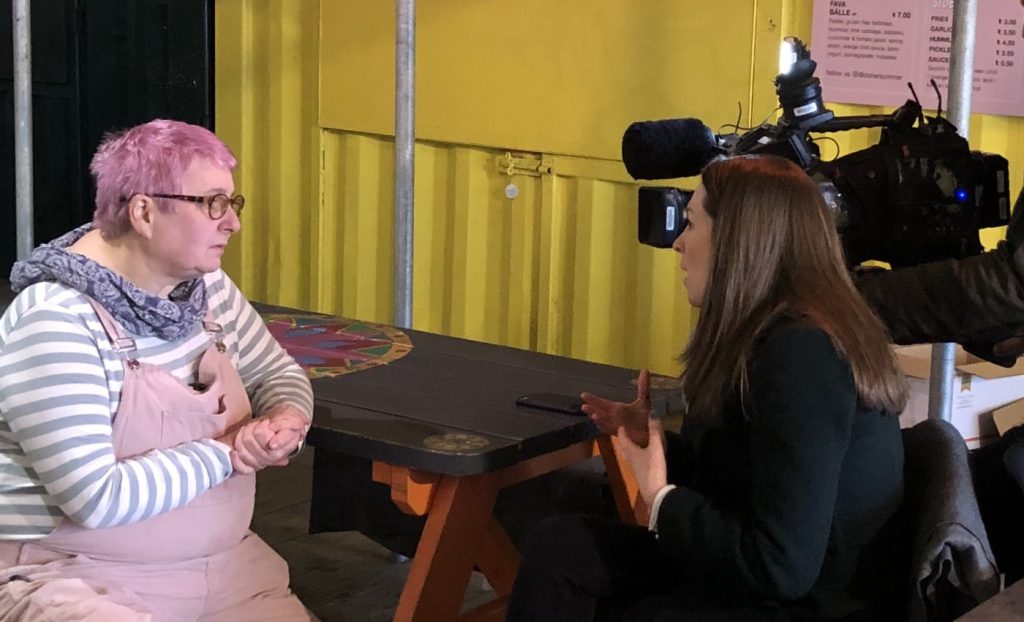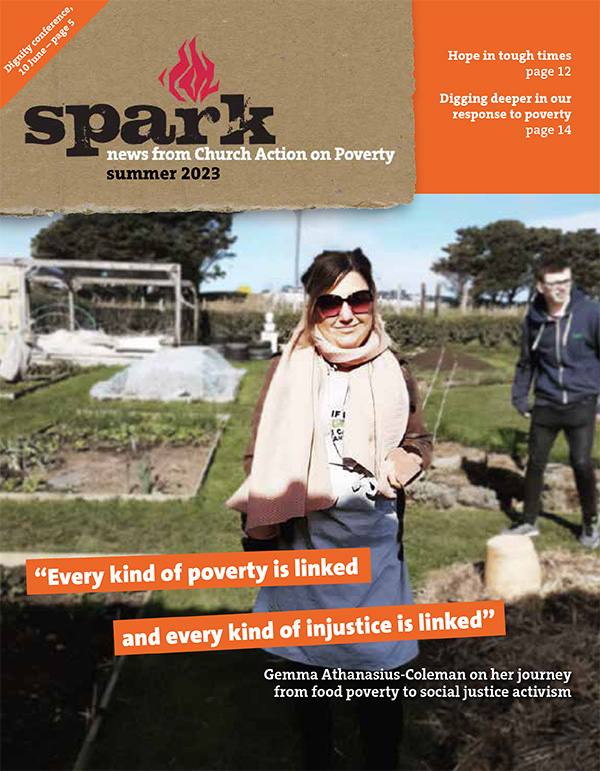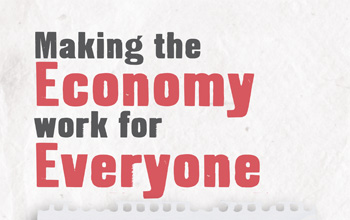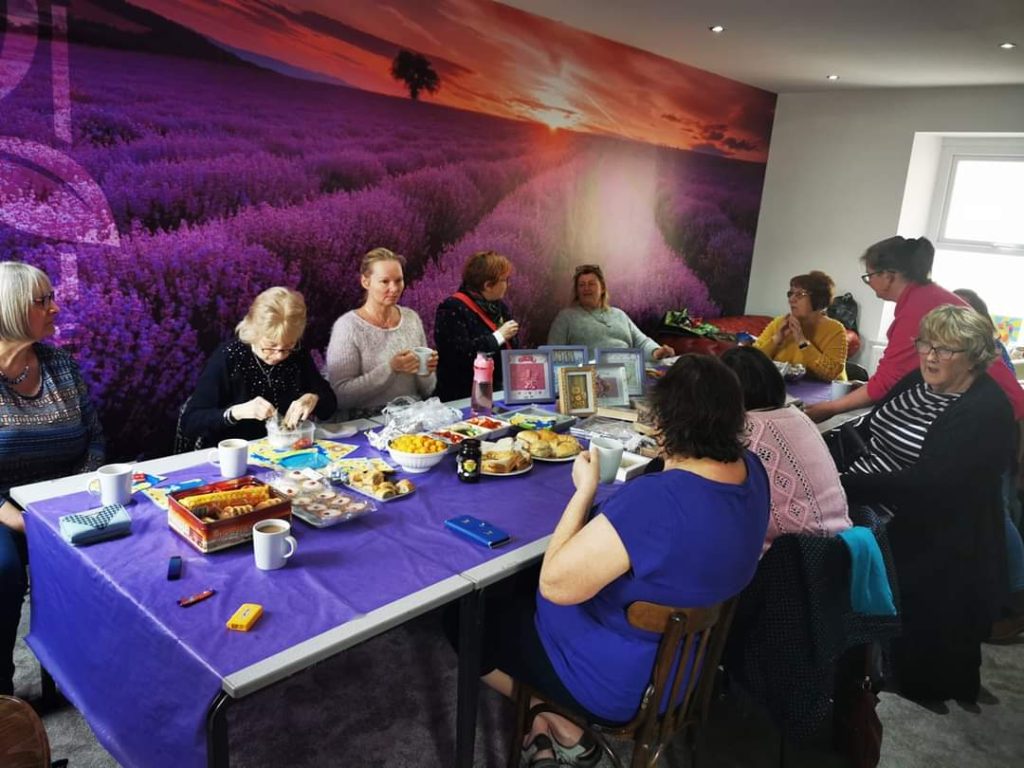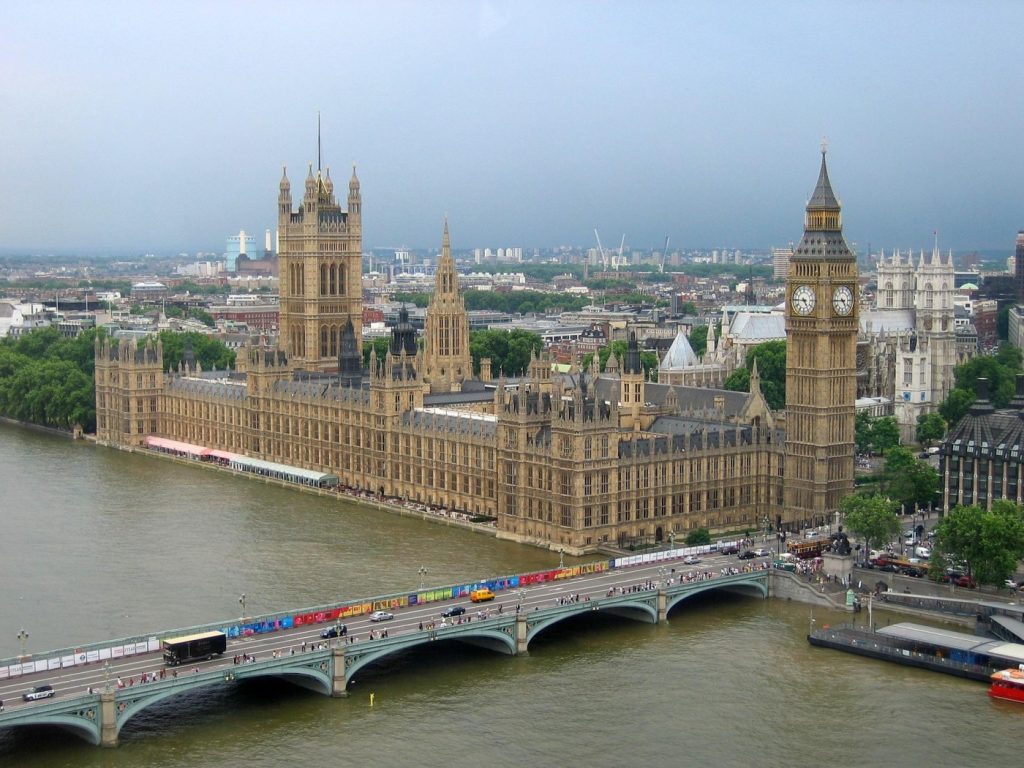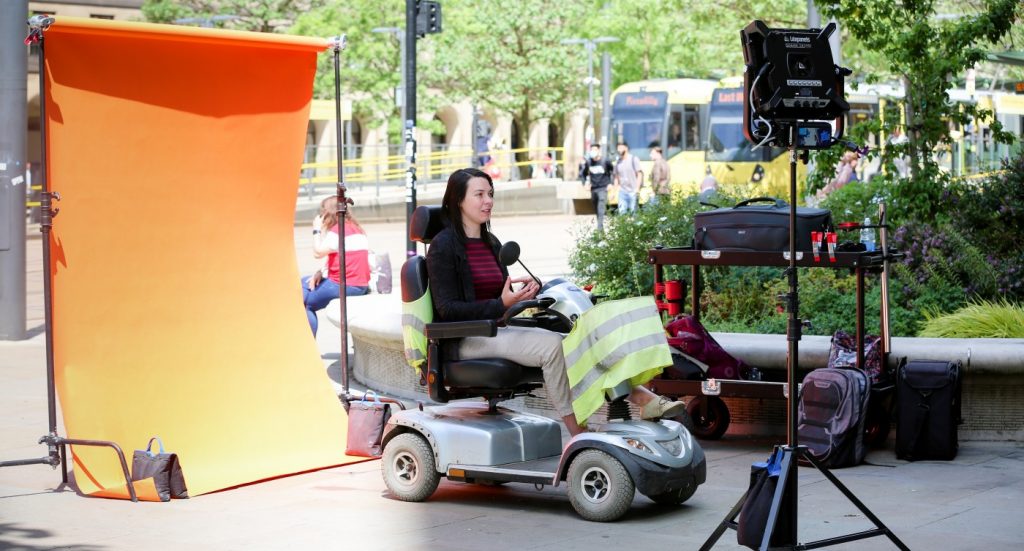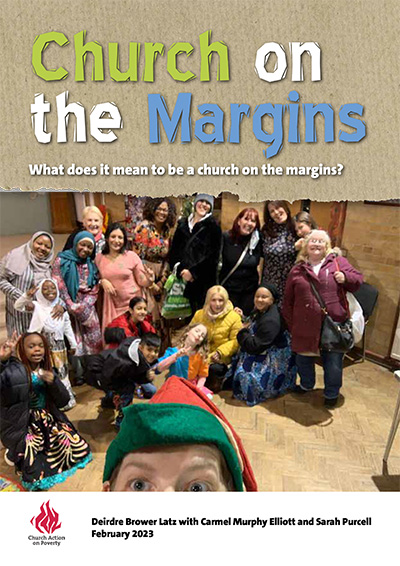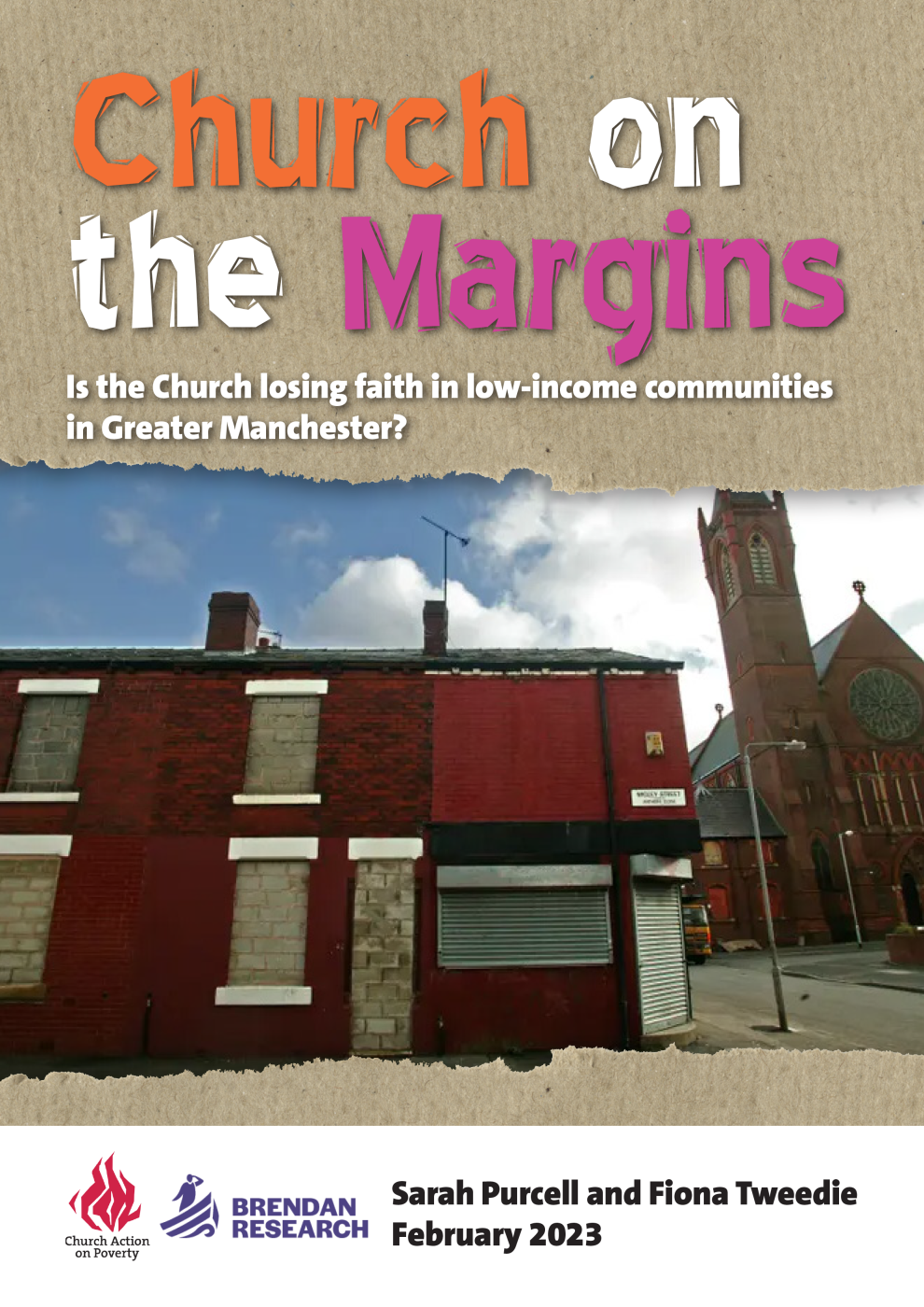- Pioneering new research shows church closures are disproportionately high in low-income neighbourhoods
- Study looked at closures over a 10-year period
- In-depth discussions bring new insight into church life at the margins
- Church Action on Poverty calls for radical review of priorities by leading denominations
Church Action on Poverty launched its Church On The Margins work in 2020, and has spent three years studying closures across Greater Manchester over the past decade, and talking in depth with people in low-income areas.
Today, ahead of Church Action on Poverty Sunday this weekend, the charity publishes two reports into its work, and calls on some of the country’s biggest denominations to address the issue.
Niall Cooper, director of Church Action on Poverty, says: “Churches, at their best, are thriving hubs at the heart of their communities – open and inclusive to all believers and everyone else. Churches at their best connect with and support the local area through local collaborations, shared spaces and resources, and genuine community. This new research shows that low-income communities are being disproportionately affected by church closures, and that has ramifications for Christians and entire neighbourhoods – but if national church leaders reinvest instead of retreating, then churches can help whole communities to thrive and build better futures.”
The research was inspired by the Church of Scotland’s ‘Priority Areas’ approach which has committed substantial additional resources to mission and ministry in the deprived communities for the past 15 years.
The first report is entitled Is the Church losing faith in low-income communities in Greater Manchester? The researchers mapped closures in Greater Manchester over the past decade in relation to the indices of deprivation, across five denominations (Church of England, Roman Catholic, Methodist, Baptist and United Reformed Churches).
The key finding was that significantly more churches have closed in low-income areas than in more affluent areas. Of the denominations, only the United Reformed Church had more closures in affluent areas. Reasons cited for closures included declining attendance; buildings falling into disrepair and unaffordable upkeep; and a lack of clergy, but these do not explain the imbalance between areas.
Church Action on Poverty commends the Methodist Church’s own ‘Church at the Margins’ programme, which commits over £6 million into missional activities led by people and churches on the margins over five years. While the Church of England has committed substantial funding via its ‘Low Income Areas Fund’, we call for greater transparency on how Dioceses spend the funds, and the extent to which funding decisions are accountable to the communities it is intended to benefit.
Mr Cooper says: “We call on other denominations to make substantial long-term resource commitments to churches and communities on the margins, as the Gospel priority for the church over the next decade.”
The second new report is called: What does it mean to be a church on the margins? It is based on in-depth conversations with people and congregations ‘on the margins.’ It documents frustrations with barriers around disability, literacy, class, language, leadership and power within mainstream churches.
The voices and stories shared were powerful and insightful, and combined faith and a desire for action.
Both reports point to wider questions about denominational priorities and structures, and the allocation of resources. People leading denominational work are often distant from people with experience of living on the margins of society.
The reports are also being sent to church leaders, to invite responses, and the charity will soon begin a new phase of the programme, to try to address some of the issues and divisions identified.
Researchers did find positive examples where local churches have adapted, such as by moving to a new community location or developing a new image and approach, and found reflection and flexibility are crucial in the long-term sustainability of churches in low-income areas.
Churches are often seen as White, middle-class spaces. To reach more people, churches need to reflect the diversity of the UK, including working-class people, communities facing racial injustice, people with disabilities, LBGT+ communities and many more. Churches also need to welcome more trainees from working-class and Global Majority Heritage backgrounds, and include training around issues affecting low-income communities, including inequality, poverty, social and racial justice.


